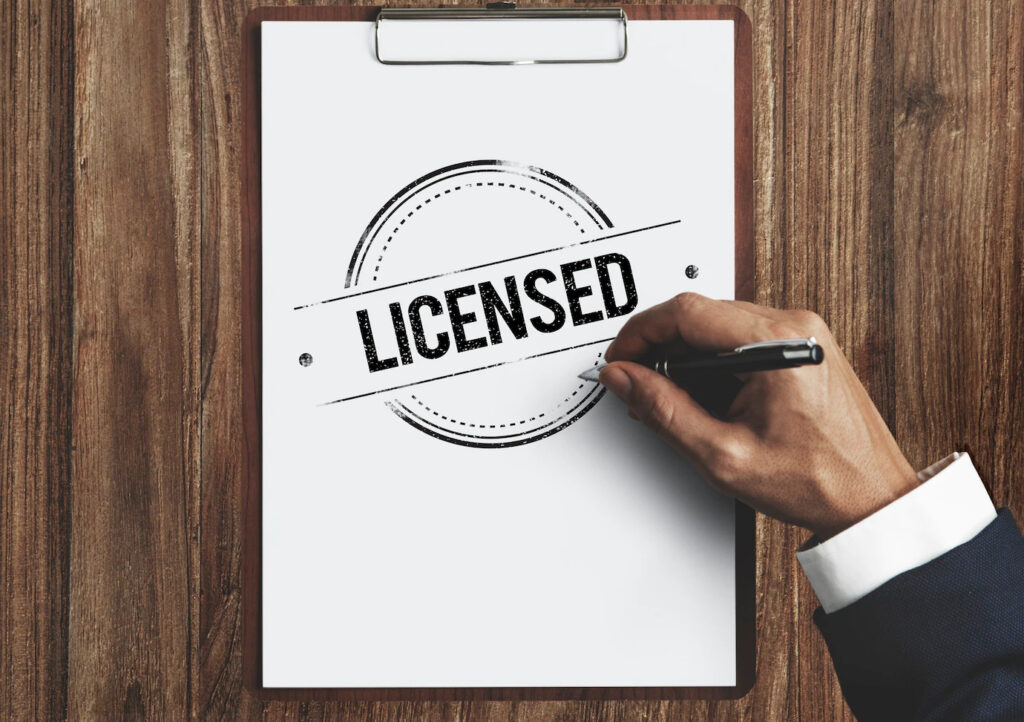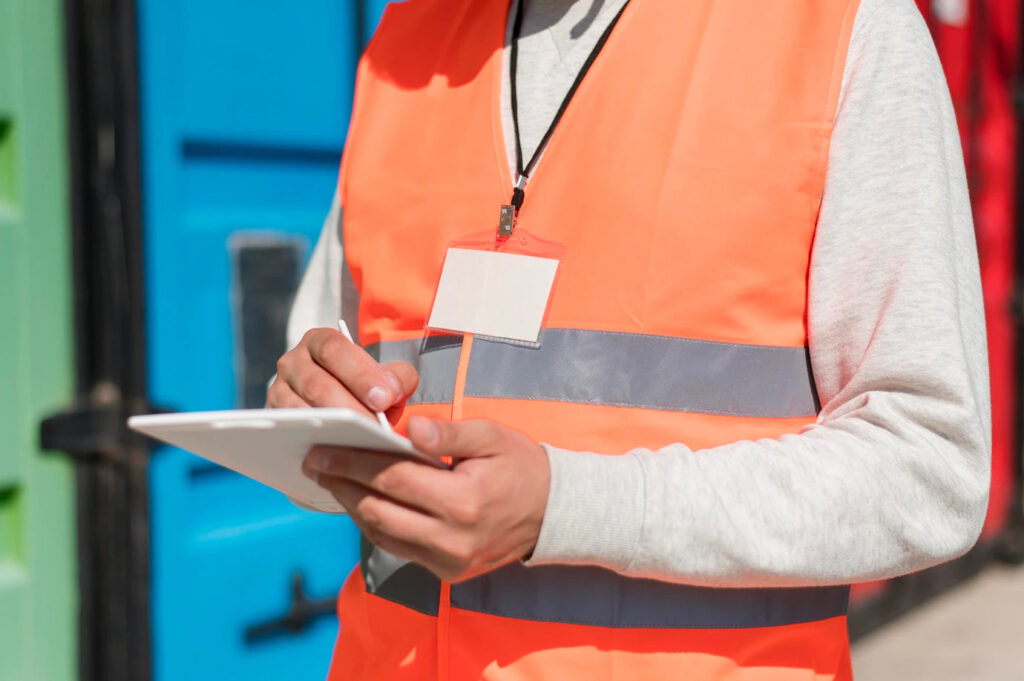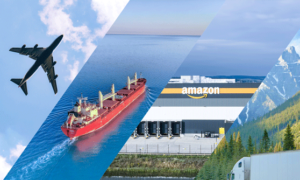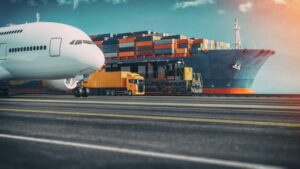If you are planning to start a business that involves importing or exporting goods or products from or to other countries, you may need to obtain an import & export license. An import & export license is a document that grants permission to import or export certain types of goods or products that are subject to regulations or restrictions by the government or other authorities.
In this article, we will explain what an import & export license is, why you may need one, how to get one, and what are the benefits of having one.
What is an Import & Export License?

An import & export license is a document that authorizes you to import or export certain types of goods or products that are subject to regulations or restrictions by the government or other authorities. These regulations or restrictions may be related to national security, foreign policy, public health, environmental protection, intellectual property rights, trade agreements, etc.
An import & export license may also be referred to as a permit, certificate, authorization, approval, registration, etc. depending on the country and the type of goods or products involved.
An import & export license is different from an importer-exporter code (IEC), which is a unique identification number that is mandatory for any person or entity that wants to engage in international trade in India.
Why Do You Need a License?

You may need an import & export license for various reasons depending on the country and the type of goods or products involved. Some of the common reasons are:
- To comply with the laws and regulations of the country of origin, destination, or transit of the goods or products.
- To protect the national security and foreign policy interests of the country of origin, destination, or transit of the goods or products.
- To prevent the proliferation of weapons of mass destruction (WMD) and their delivery systems.
- To control the trade of dual-use items that have both civilian and military applications.
- To safeguard the public health and safety of the country of origin, destination, or transit of the goods or products.
- To preserve the environment and natural resources of the country of origin, destination, or transit of the goods or products.
- To enforce the intellectual property rights of the country of origin, destination, or transit of the goods or products.
- To implement the trade agreements and obligations of the country of origin, destination, or transit of the goods or products.
If you do not obtain an import & export license when required, you may face legal consequences such as fines, penalties, confiscation, seizure, denial, revocation, suspension, cancellation, etc. of your license or shipment.
How to Get an Import-Export License?

The process of getting an import & export license may vary depending on the country and the type of goods or products involved. However, some general steps are:
- Identify the type and classification of your goods or products. You may need to determine the harmonized system (HS) code, which is a standardized numerical code that identifies your goods or products for customs purposes. You may also need to determine the export control classification number (ECCN), which is a five-digit alphanumeric code that identifies your goods or products for export control purposes.
- Check the requirements and restrictions for your goods or products. You may need to consult with the relevant authorities in your country and in the country of origin, destination, or transit of your goods or products. These authorities may include customs agencies, trade ministries, export control agencies, health agencies, environmental agencies, intellectual property offices, etc. You may also need to check if your goods or products are subject to any sanctions, embargoes, boycotts, quotas, tariffs, duties, taxes, etc.
- Apply for an import & export license if required. You may need to fill out an application form and submit it along with supporting documents such as invoices, packing lists, certificates of origin, certificates of conformity, test reports, end-user certificates, etc. You may also need to pay a fee for your application. You may need to apply online or offline depending on the authority and the type of goods or products involved.
- Wait for approval and receive your import & export license. The approval time may vary depending on the authority and the type of goods or products involved. It may take from a few days to a few months. You may need to follow up with the authority and provide additional information or documents if requested. You may receive your import & export license electronically or physically depending on the authority and the type of goods or products involved.
What are the Benefits of Having a License?

Having an import & export license can have various benefits for your business such as:
- Expanding your market and customer base by accessing new countries and regions.
- Increasing your competitiveness and profitability by offering high-quality and high-demand goods or products.
- Enhancing your reputation and credibility by complying with the laws and regulations of the countries involved.
- Reducing your risks and costs by avoiding legal consequences and delays in your shipments.
Conclusion
An import & export license is a document that grants permission to import or export certain types of goods or products that are subject to regulations or restrictions by the government or other authorities. You may need an import & export license for various reasons depending on the country and the type of goods or products involved. You can get an import & export license by following the process of identifying, checking, applying, and receiving your license. Having an import & export license can have various benefits for your business such as expanding your market, increasing your competitiveness, enhancing your reputation, and reducing your risks.





